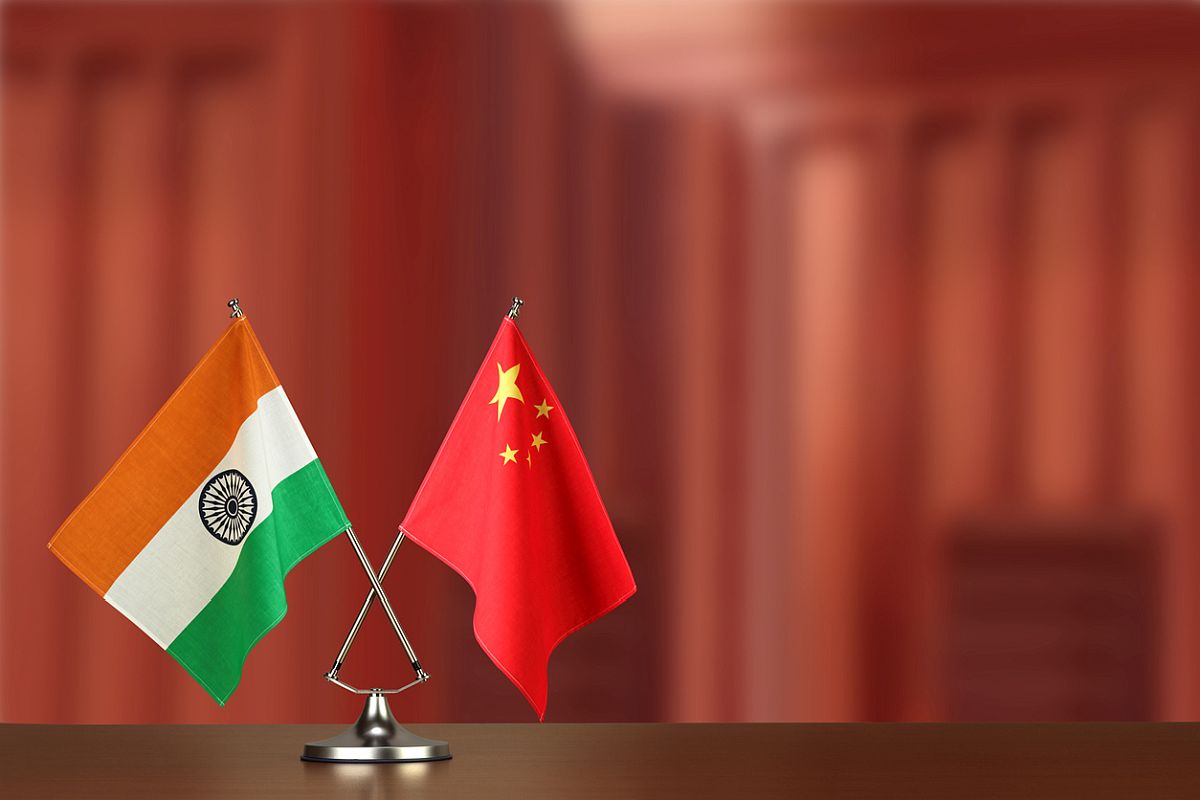The recent Chinese moves against India in Ladakh that resulted in the killing of 20 Indian soldiers should get an appropriate response.
Prime Minister Narendra Modi has rightly said: “India honours the spirit of friendship… she is also capable of giving an appropriate response to any adversary without shying away.” However, the spirit of nationalism should not cast its shadow on the nation’s trade and industry. Already there is a call from many quarters for a ban on all Chinese products and a boycott of its goods and services.
Advertisement
But it must be understood that this may not be feasible immediately as Indian industry is still heavily dependent on several imports from the neighbouring country. For now, efforts should be made to reduce the domestic industry’s dependence on Chinese goods by producing the same goods at home or sourcing them from other countries.
According to available data, India’s exports to China grew from $16.5 billion to $16.95 billion in 2019 while imports declined from $73.8 billion to $68.2 billion in the same year. In effect, the country’s dependence on China has to be reduced slowly and steadily. Sector wise, India’s automobile and pharmaceutical industries import several critical components and raw material from China. In 2018-19, auto components worth $17.6 billion were imported by India. Of these, 27 per cent, $4.75 billion, came from China. This is because either the products are not manufactured here or are either not up to the desired quality, or are not cost-effective.
Already several exporters have raised concerns over 100 per cent examination of all cargo coming from China and Hong Kong at all airports and seaports leading to delay in clearance of import consignments and impacting operations. Delay in clearance of critical inputs is affecting factory operations that will make it difficult for Indian exporters to meet delivery schedules. This is creating financial hardships for industry because payments for imports have already been made. Detailed scrutiny can be made in case of finished goods consignments and not for raw materials containers, for that will harm domestic industry.
If the cost of import is raised for inputs meant for production of items for export as also for domestic consumption, consumers will have to pay more. In case of consumer electronics and appliances sector, although 95 per cent of products sold in India are manufactured at home, dependence on China for components cannot be ignored.
As of now, dependence on Chinese components ranges between 25 to 70 per cent which cannot be reduced overnight. While the country’s strategic interests are of vital importance, decisions taken by the Government must not have the effect of leaving industry paralysed by the lack of raw material.









